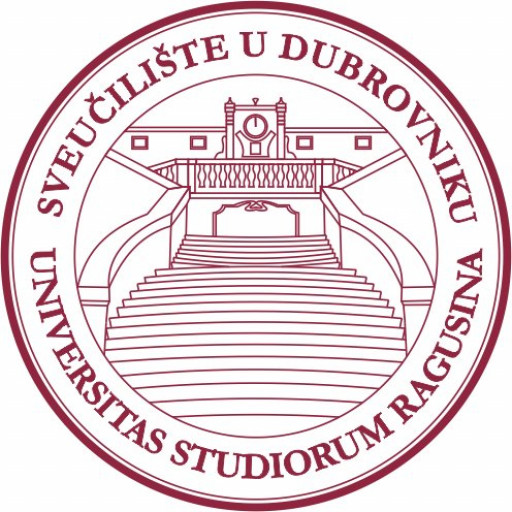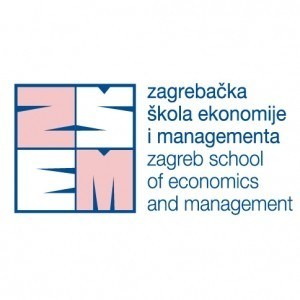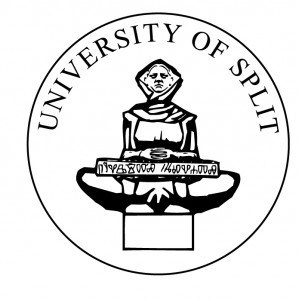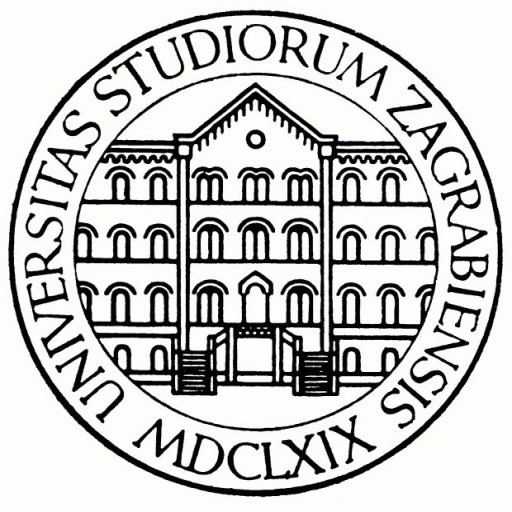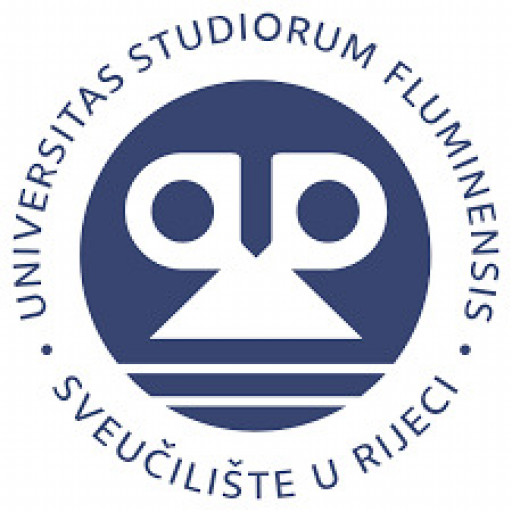Photos of university
Film and Social Culture study programme at the University of Dubrovnik offers students a comprehensive understanding of the relationship between film as a medium and the social contexts within which it is created and consumed. This interdisciplinary programme combines theoretical approaches with practical skills, enabling students to critically analyze cinematic works and their influence on societal values, identity, and cultural dynamics. Throughout the course, students explore the history of film, different genres, narrative and aesthetic techniques, and the role of media in shaping public opinion and social movements. The curriculum also emphasizes the study of social theories, communication processes, and cultural studies, providing a broad perspective on contemporary issues such as globalization, multiculturalism, digital media, and media policies. The programme aims to equip students with the ability to interpret visual and media texts, develop research projects, and understand media production processes. Students will engage in various forms of media analysis, including film critique, discourse analysis, and ethnographic research, preparing them for careers in media industries, cultural institutions, education, or further academic pursuits. Besides theoretical grounding, the programme offers practical training in media literacy, content creation, and digital communication, often integrating contemporary technologies and platforms. The interdisciplinary nature of the study allows students to develop critical thinking, analytical skills, and cultural awareness, making them well-prepared for the complexities of modern media environments. Graduates of the programme will be capable of contributing to the fields of media analysis, cultural policy, public relations, media education, and creative media production. The University of Dubrovnik provides a vibrant academic environment with experienced faculty, modern facilities, and international opportunities for research and internships, ensuring students gain both theoretical knowledge and practical experience to succeed in their future careers.
The Media and Social Culture study program at the University of Dubrovnik offers students a comprehensive understanding of the complex relationship between media, society, and culture in contemporary contexts. This interdisciplinary program is designed to equip students with theoretical knowledge and practical skills essential for analyzing the role of media in shaping social realities, cultural identities, and public discourse. Throughout the program, students explore various media forms, including traditional print and broadcast media, as well as digital and new media platforms, gaining insight into their societal functions and impacts.
The curriculum emphasizes critical thinking, media literacy, and analytical skills, enabling students to interpret media messages, evaluate sources, and understand the influence of media on social and cultural dynamics. Courses cover a wide range of topics such as media theory, communication studies, cultural studies, journalism, media production, and media ethics. Students also examine the historical development of media institutions and their role in democracy, cultural preservation, and social change.
An integral part of the program is practical training, where students engage in media production projects, content creation, and digital storytelling. This hands-on experience prepares graduates to work effectively in various media environments, including journalism, public relations, cultural management, and digital media production. The program also encourages students to develop research skills through projects and internships, fostering a deep understanding of contemporary issues like media representation, digital transformation, and the social impact of new technologies.
By the end of their studies, students are equipped with a nuanced understanding of how media and social culture influence each other and the broader societal context. They are prepared to pursue careers in media organizations, cultural institutions, NGOs, or continue their education through postgraduate studies. The Media and Social Culture program at the University of Dubrovnik aims to produce well-rounded professionals who can critically analyze media content, contribute to media production, and participate actively in cultural and social discourse.
Program requirements for Study Media and Social Culture at the University of Dubrovnik include a combination of academic prerequisites, language proficiency demands, and specific admission procedures. Prospective students are generally expected to have completed secondary education with a strong emphasis on humanities, social sciences, or related fields, demonstrating their foundational knowledge and interest in media, culture, and social issues. Applicants might be required to submit their high school diplomas or equivalent certifications, along with transcripts that highlight coursework relevant to the programme's focus areas.
Language proficiency is essential since the programme is probably conducted in English or Croatian, with students needing to demonstrate their capabilities through standardized tests such as IELTS or TOEFL if applying internationally, or through previous education in the language of instruction. Some programs also require entrance exams or interviews to assess a candidate’s motivation, communication skills, and suitability for the field of media and social sciences.
Applicants must complete a formal application process, which typically involves filling out an online or paper application form, paying an application fee, and submitting necessary documentation such as identification, proof of secondary education, language test results, and a personal statement or motivation letter explaining their interest in media and social culture. Certain programmes might also request letters of recommendation from teachers or academic mentors who can attest to the applicant's academic abilities and interest in the subject matter.
Additional requirements could include a portfolio or relevant work experience, particularly for students with a background in media production, journalism, or cultural studies. For international students, validation of diplomas and possibly undergoing additional credential evaluations might be necessary to ensure compliance with university admission standards.
In some cases, the university may conduct an interview, either in person or online, as part of the selection process to evaluate the applicant's communication skills, cultural awareness, and motivation to pursue studies in media and social culture. Furthermore, applicants are advised to review specific admission deadlines and procedures outlined on the university’s official website and adhere to each step meticulously to ensure consideration.
Overall, the program aims to select motivated, academically capable students with a keen interest in exploring media, societal issues, and cultural phenomena, preparing them for careers in journalism, media analysis, cultural management, or related fields. To meet these criteria, applicants should carefully prepare all required documentation, demonstrate language proficiency, and articulate their academic and professional aspirations aligned with the program's objectives.
The financing of the Study Media and Social Culture program at the University of Dubrovnik is primarily supported through a combination of public funding, student tuition fees, and possible external sources such as scholarships and project-based funding. As a public university in Croatia, the University of Dubrovnik benefits from state subsidies that contribute to the overall funding structure of its academic programs, including Media and Social Culture. These state funds help cover expenses related to faculty salaries, curriculum development, administrative operations, and infrastructural maintenance.
Tuition fees for international and Croatian students are an important component of the program’s financial model. These fees vary depending on the student’s nationality and academic level; detailed information about fee amounts can be obtained directly from the university’s official publications or enrollment office. For Croatian students, tuition fees are often subsidized or partially covered by the government, making education more accessible. International students may pay higher fees, which contribute significantly to the program’s financial sustainability.
Additionally, students enrolled in the Media and Social Culture program may have the opportunity to apply for various scholarships offered by the University of Dubrovnik or national agencies. These scholarships can be merit-based, need-based, or tied to specific research projects or academic excellence. Students involved in research or international exchange programs may also have access to funding through project grants or international cooperation agreements.
The university sometimes participates in European Union programs, such as Erasmus+, which facilitate faculty exchanges, student mobility, and joint projects, thereby supplementing the program’s finances. These external projects not only enrich the educational experience but also provide additional financial resources that support the curriculum, research activities, and student mobility initiatives.
Partnerships with the media industry, cultural institutions, and social organizations also contribute to the financial stability of the program by providing internships, guest lectures, and collaborative projects that may include funding or resource sharing. Such partnerships help to align academic content with industry needs and enhance students’ employability while supporting the program’s operational costs.
Overall, the financial structure of the Study Media and Social Culture program at the University of Dubrovnik is multifaceted, relying on a mixture of public funding, tuition income, scholarships, external grants, and industry collaborations. This diversified approach ensures the ongoing viability of the program and enables it to continually adapt to the evolving educational and social landscape.
This study is intended for everyone interested in qualifying for work in the media and journalism, for various forms of communication, in public relations, public and political affairs.
The study is based on the most recent theoretical media approach and is oriented particularly towards modern communication trends. The best Croatian and foreign specialists and prominent professionals participate in particular courses with extensive usage of information technology and foreign languages, particularly English.
The study combines the teaching of theory with extensive practical experience. Considerable course time is spent in practical work and exercises with special attention given to students' active involvement.
Newspaper writing, radio and TV program production and broadcasting, and PR campaign planning are a few of the Media and Social Culture students' activities, in preparation for their future profession.
